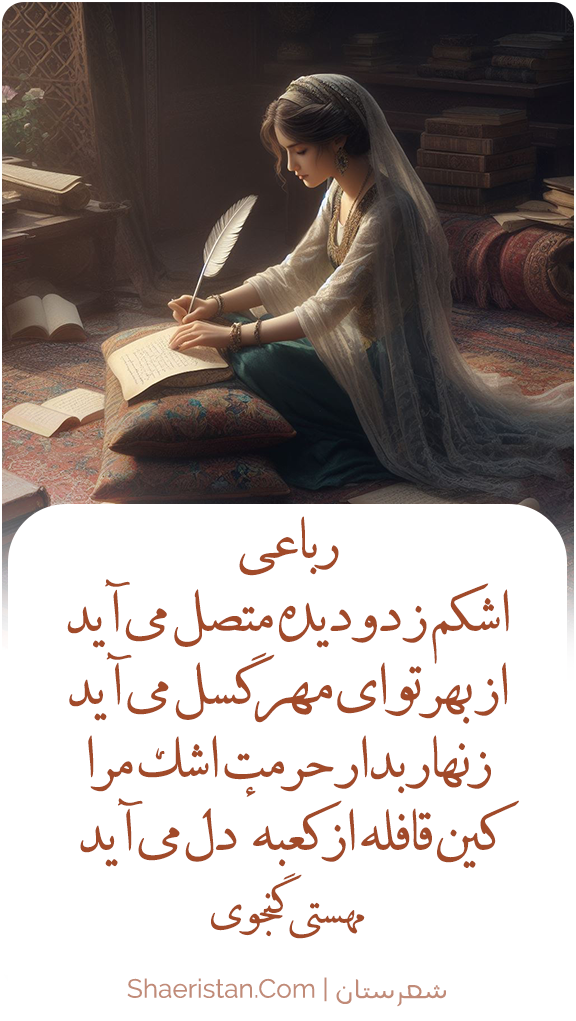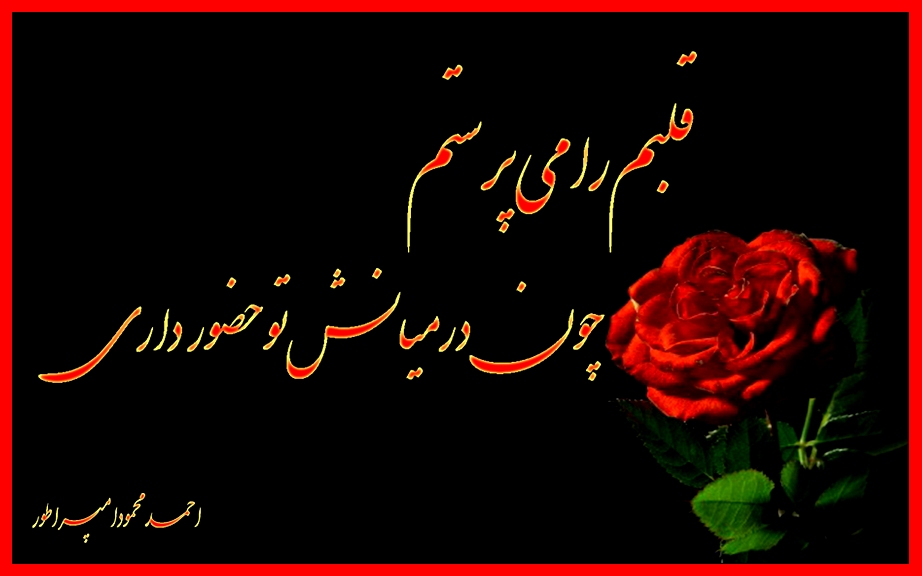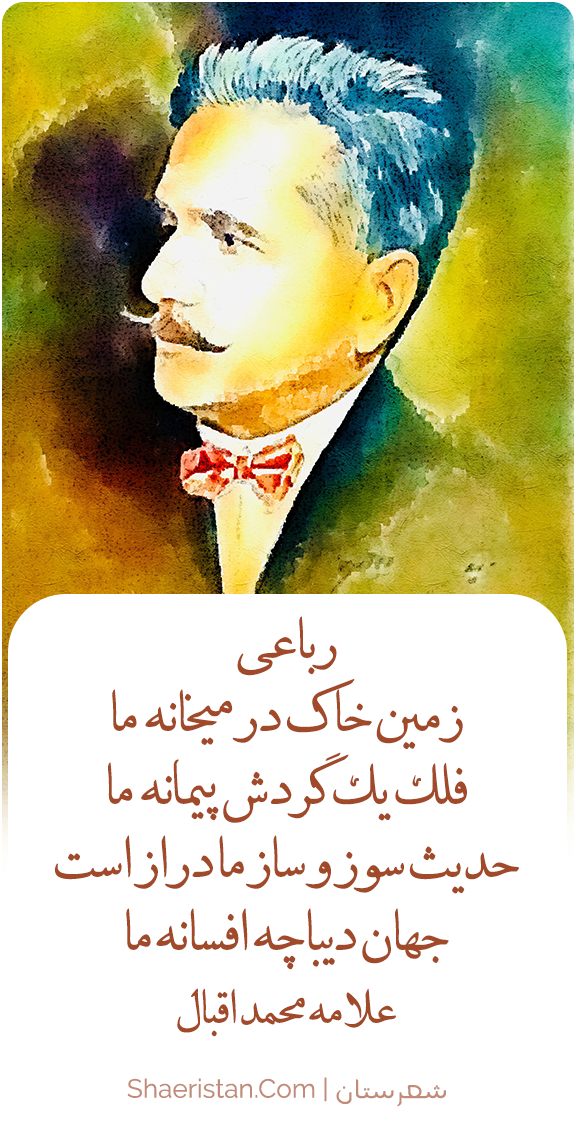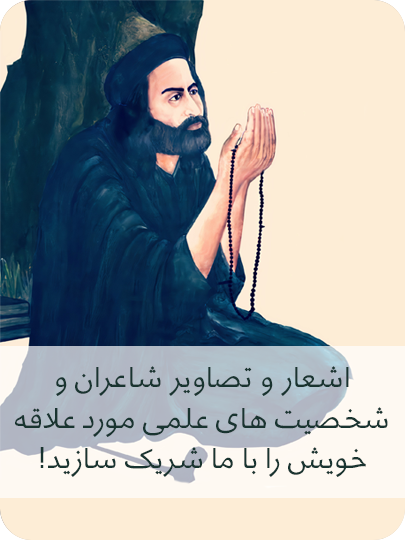There are heads that are adorned by crowns of gold, and there are heads whose beautiful curls are merely hidden by jewels and gold. The curls of our heart’s beloved arouse love, and love is the throne-room of the heart. But a crown is nothing but metal and stones.
We sought everywhere for Solomon’s ring. We found his wisdom far from riches. Abandoning wealth we found that beautiful treasure. In poverty we took our repose, and our Beloved was pleased with nothing so much as this.
Well, I am a whoremonger. Since I was young, I have been a seller of love. I know this destroys barriers and consumes the veils of the heart. Love is the root of all obedience; all else is mere adornment. If you do not sacrifice, how can you gain your heart’s desire? Giving up everything leads to annihilation, the source of all pleasures where no separation exists.
“And Allah is with the patient.”
In every shop or potion, every merchandise or trade, the end of the thread for each one of these is the need of the human spirit. Until the need arises, the end of that thread is hidden. With every religion, every faith, every grace, every miracle, and all the states of the prophets – the end of each thread is within us. Until the need appears, the end of that thread remains invisible.
“All things are numbered and clearly recorded.”
Someone asked: “Is the source of good and evil one thing or two?”
Rumi said: From the point of view that they are continually at war with one another, the answer is obviously two – since a person cannot be opposed to themself. But, from the viewpoint that evil is inseparable from good – for good is the giving up of evil, and the giving up of evil is impossible without evil, and were it not for the incitement of evil, no one would ever abandon the good – from this point of view they are not two. The Magians said that Yazdan is the creator of good things and Ahriman is the creator of evil and hateful things. But desirable things are never separated from hated things. The desirable cannot exist without the hateful, since what we like is always compared to what we hate, and the more we think evil of one thing, the more we desire its opposite. Joy is the end of sorrow; the end of sorrow without joy is impossible. So they are one and indivisible.
Until a thing passes away, its true meaning cannot be known. No one’s life can be judged until it is finished, because what starts evil can turn out good. And until words pass away into speech, who can know their purpose?
Whoever criticizes a Sufi in reality does the Sufi a good turn, for the Sufi shies away from praise. The Sufi is an enemy of vanity, hence whoever speaks evil of the Sufi’s ego, speaks evil of the Sufi’s enemy, and therefore helps them. “Things become clear through their opposites.” So the Sufi knows the critic is not really their enemy, but their friend.
I am like a smiling garden surrounded by a wall of filth and thorns. Those passing by do not see the garden; they see only the wall and ridicule it. Why then would the garden be angry with them? The critics only hold themselves back, because to reach the garden they must first cross the wall. So by finding fault with the wall, they send themselves far away from the garden and work to their own destruction. The Prophet said, “I laugh as I slay,” meaning he kills the unbelievers in one manner, so that unbelievers will not kill themselves in a hundred ways. So, of course, he laughs as he slays.







